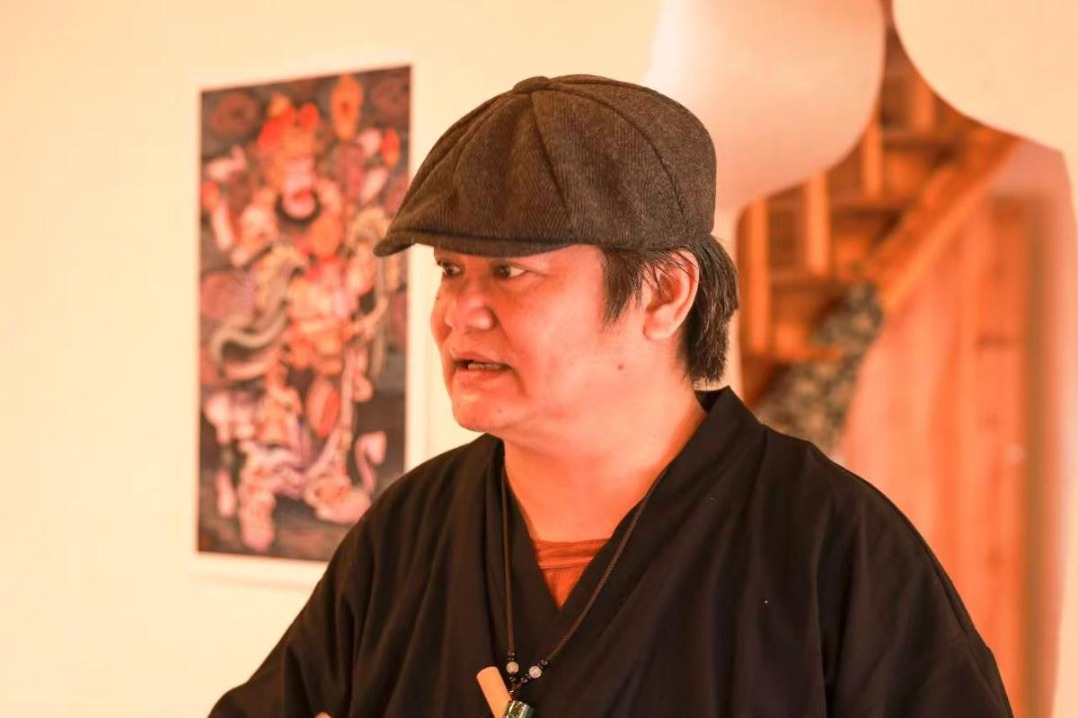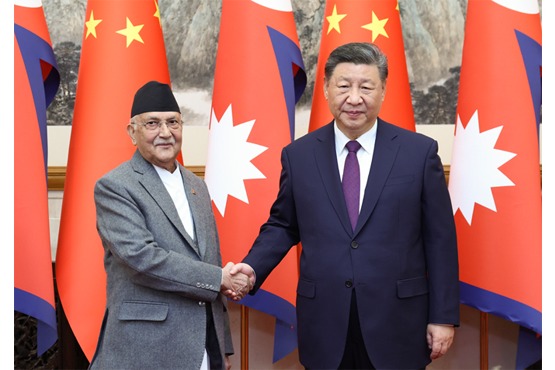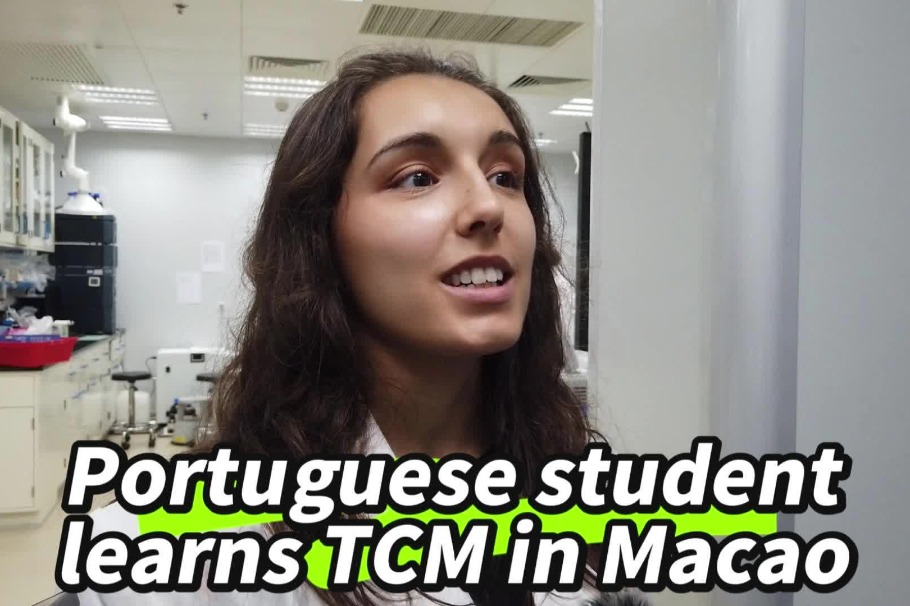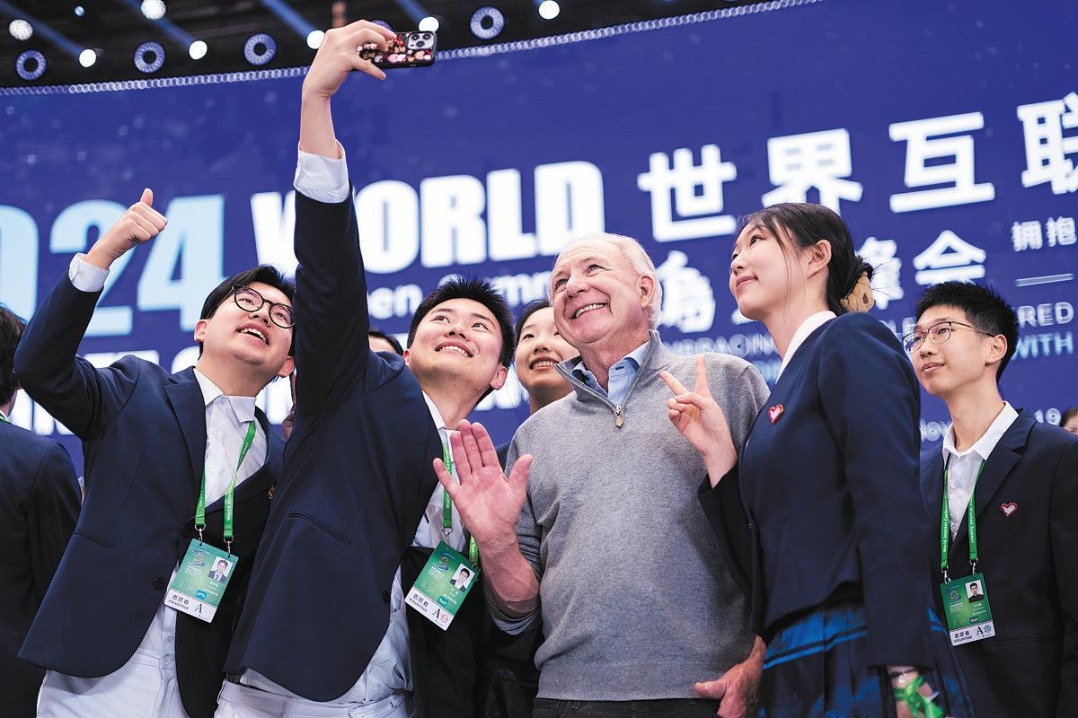Commitment to boosting traditional medicine for global benefits reiterated

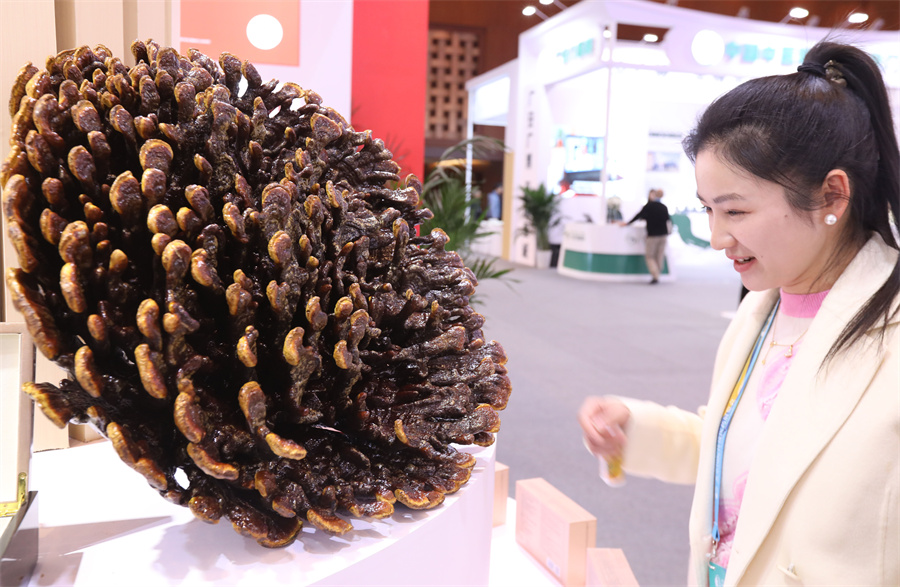
Brazilian therapist Reginaldo Filho, who has studied traditional Chinese medicine for more than 25 years, has seen the popularity of TCM therapies skyrocket in Brazil.
Intrigued by a display of Chinese herbs ranging from hawthorn and lotus leaf to ginseng and astragalus root on the sidelines of a conference in Beijing on Tuesday, Filho vowed to make every effort in promoting TCM to people in his country, as President Xi Jinping also reaffirmed China's commitment to enhancing traditional medicine to better benefit people around the world.
In a congratulatory letter sent to the 2024 World Conference on Traditional Medicine, which opened in Beijing on Tuesday, Xi said that efforts are needed from all sides to strengthen medical and health cooperation, jointly address global health challenges and promote the building of a global community of health for all.
Filho was among over 800 attendees from overseas at the conference.
The two-day event, jointly held by the World Health Organization and Chinese sponsors including the National Health Commission, involved 3,500 participants from 85 countries and regions.
"When people study traditional medicinal formulas, they think it is just like a medicine. But when they see the herbs, they see much more than just chemicals, but also the plants themselves and can better understand their effects on the human body," said Filho, who is also president of the Brazilian College of Chinese Medicine in Sao Paulo, Brazil.
In Brazil, the popularity of TCM therapies greatly increased since a number of famous athletes showed up with signs of cupping or applauded the effects of moxibustion during the 2016 Rio Summer Olympics, Filho said.
"I still find it a bit difficult to explain Chinese medicine and culture in Portuguese, but someone needs to do it because Chinese medicine must grow and I will make my best effort," he said.
In his letter to the conference, Xi also said that China is willing to work with the international community to foster mutual learning of traditional medicines, integrate them more deeply into the global health system and advance their innovative transformation and development.
Regarding TCM, Xi said that China has always attached equal importance to both modern medicine and TCM, striven to utilize the advantages of both and promote their coordinated development, and blazed a characteristic development path of traditional medicine.
Official data shows that the numbers of TCM facilities and practitioners in China have both more than doubled in the past decade, covering the majority of community and rural clinics. Meanwhile, more than 90 percent of general hospitals nationwide have set up their own TCM departments.
China has also launched cooperation initiatives with over 40 countries or regions and international organizations, and 59 foreign aid medical teams have offered TCM services during missions.
Saia Ma'u Piukala, WHO regional director for the Western Pacific, said that TCM has contributed significantly to global health, with one prominent example being the discovery of the anti-malaria drug artemisinin led by Chinese scientist and Nobel laureate Tu Youyou.
To achieve deeper integration of traditional medicines into healthcare systems and better harness their strengths, he said it is critical to develop evidence-based, clinical pathways as well as develop capacity to support research and innovation.
Amir Hooman Kazemi, a TCM practitioner and professor from Iran's Tehran University of Medical Sciences, said that an increasing number of Iranians now accept treatment plans that combine modern and traditional medicine.
"A lot of my patients told me that the integrated approach makes them feel better, is more effective and has fewer side effects," he said. "I believe more will come onboard in the future."
Xinhua contributed to this story.
- Commitment to boosting traditional medicine for global benefits reiterated
- Xi: Modernization bodes well for world
- Hong Kong eyes golden opportunities for retirees
- Xi vows to help Nepal improve connectivity
- Ironclad friendship with Cambodia hailed
- China improves accessible facilities for visually impaired individuals: think tank report

















